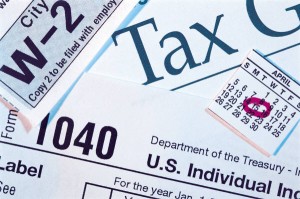Eat, Drink and Be Wary — Employer Holiday Parties
by Christopher Graham and Joseph Kelly
Will your company allow alcohol at this year’s holiday party? If so, unless you do some risk management, you may end up with a ligation lump of coal in your Christmas stocking — such as claims from drunk driving and sexual harassment.
Here are some suggestions:
- Keep employees who overindulge from driving. Designate sober drivers or provide cab fare.
- Limit the number of drinks. No open bar, provide drink tickets, hire a professional bartender.
- Invite spouses and even kids. Employees are less likely to overindulge when it’s a family affair.
- Schedule the party on a weeknight.
- Make food or entertainment — not drinking — the focus.
- Make it voluntary.
- No mistletoe!
For more suggestions about how to avoid potential liability, check out of this useful post from the Corporate Law Report.
Tags: Employer, holiday party, liability, sexual harassment

![drunk-employee[1]](http://www.joneslemongraham.com/blog/wp-content/uploads/2013/11/drunk-employee1-300x200.jpg)
![1089_dangerous[1]](http://www.joneslemongraham.com/blog/wp-content/uploads/2013/11/1089_dangerous1-300x225.jpg)



